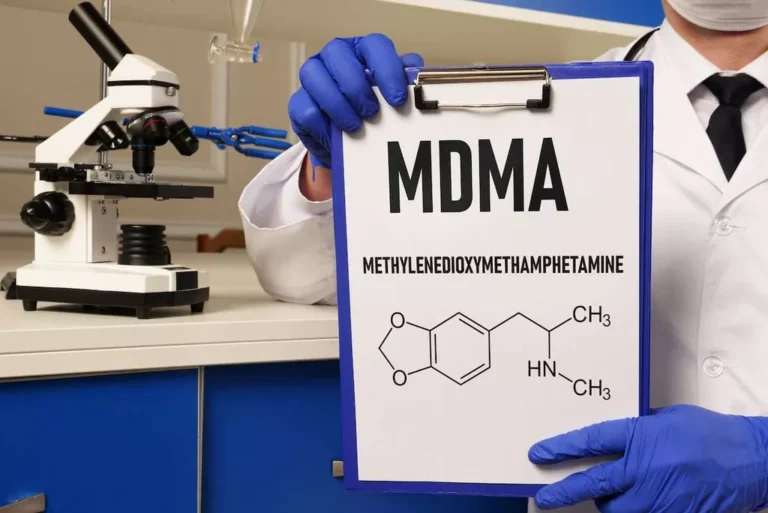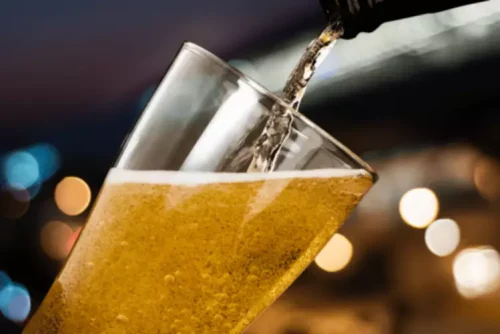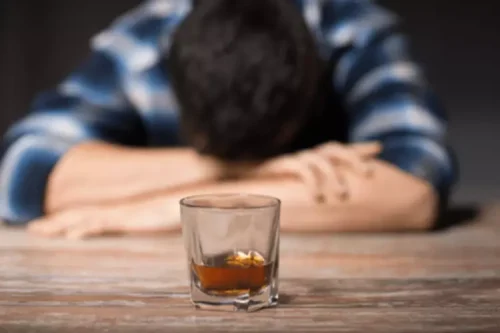
This guide outlines five key long-term recovery strategies, providing practical steps, insights, and resources to help you create a healthier, more fulfilling life. We want you to know that you can rebuild your life and create a brighter future with the right approach, support, and mindset. Here are a few strategies on how to rebuild your life for long-term recovery. Understanding the reasons behind relapse and taking the necessary steps to prevent it can significantly increase individuals’ chances of achieving long-term recovery. Addressing and preventing relapse requires a proactive approach.

Patient Care Network
The findings reveal, in short, that individuals who have experienced trauma are more susceptible to relapse, underscoring the importance of addressing trauma in addiction treatment. In addition, relapse often ties back to past trauma, particularly when attempting to combat addiction without expert guidance. It can bring on feelings of shame, frustration, and often cause someone to feel as if they are incapable of changing their behavior or achieving their goals. But failure to cope with cravings and other mental stressors can result in a need to “escape” through relapse.
Cognitive Behavioral Therapy for Relapse Prevention

Instead, try a more adaptive strategy and find new supports that protect you mentally, emotionally, and physically. Many people who relapse multiple times begin to lose faith that they can recover. For some, assuming the worst outcome allows them to mentally prepare for anything that comes their way, partly because they built mental walls to guard against negative occurrences.

How does cognitive therapy help with relapse prevention?
- One of the best approaches to this is to learn to expect disappointment so you can be prepared for it.
- Many people are embarrassed by their addiction, but having the disease of addiction is not shameful.
- By avoiding environmental cues and cultivating a safe and supportive environment, individuals can effectively prevent relapse.
In one study, people who didn’t attend AA or a similar 12-step program only had a 20 to 25% abstinence rate. Timely – Setting a goal date for sobriety is a great way to maintain focus and momentum. Measurable – By tracking your progress, you can see where you started https://ecosoberhouse.com/ and how far you’ve come. Tracking measurable goals can be an excellent motivator for seeing your progress. The first thing you should do after recognizing that relapse has occurred is find safety. That may mean calling 911 if you think an overdose is possible.
Focus on Other People
By cultivating a robust support system, you can find the encouragement and strength necessary to overcome challenges throughout your recovery journey. When comparing an opioid relapse with other drug relapses and overdoses, it’s important to understand a few things. First is the rate at which opioid tolerance builds, which increases very rapidly when compared with other drugs. So a person is quickly forced to take more and more of the drug to achieve the same effects. Then, when that person becomes sober and experiences withdrawal, their body and their tolerance levels react accordingly, pushing their tolerance closer to normal.

Engage in Activities You Enjoy
This is one strategy for developing an antifragile mindset, or a mindset that allows individuals to cope with things that might bring them down. Recent studies have shown promising results in the use of CBT for relapse prevention. According to the Substance Abuse and Mental Health Services Administration, CBT can reduce relapse rates by up to 60 percent when compared to traditional treatment methods. Most physical relapses are considered relapses of opportunity, meaning that they occur when an individual feels they will not get caught. Some relapses start with lapses that become more prolonged or frequent until the individual returns to uncontrolled substance use. Once this happens, it may not be easy to control behavior or stop using.
Factors That Influence the Likelihood of Relapse
- It is also important to find ways to deal with stress that don’t involve relying on alcohol, substances, or harmful behaviors.
- A friend, family member or therapist may find out about the slip and help them access resources or find motivation to prevent relapse from occurring.
- Detoxing, in particular, is usually tough and requires medical observation and may also involve the use of medication to help with withdrawal symptoms.
This makes it very difficult for an individual with addiction to avoid using. Getting treatment during the holidays could be the best gift you could give your family. There are ways to bounce back after relapse occurs and set a prevention plan to avoid it from happening in the future. At Discovery Institute in Marlboro, New Jersey we can help you learn how to set resolutions in recovery. However, for people in recovery, it could be considered a minefield filled with high expectations, overcommitment, and fatigue. These can lead to heightened emotions, mood swings, and stress.
Read more to learn about types and stages of relapse in addiction, as well as relapse prevention strategies. That’s why you need to develop several small goals for yourself, rather than one what to do after a relapse large one. This is not to say that a relapse should not be taken seriously. Good treatment programs plan ahead for the possibility by including relapse prevention as part of the process.
